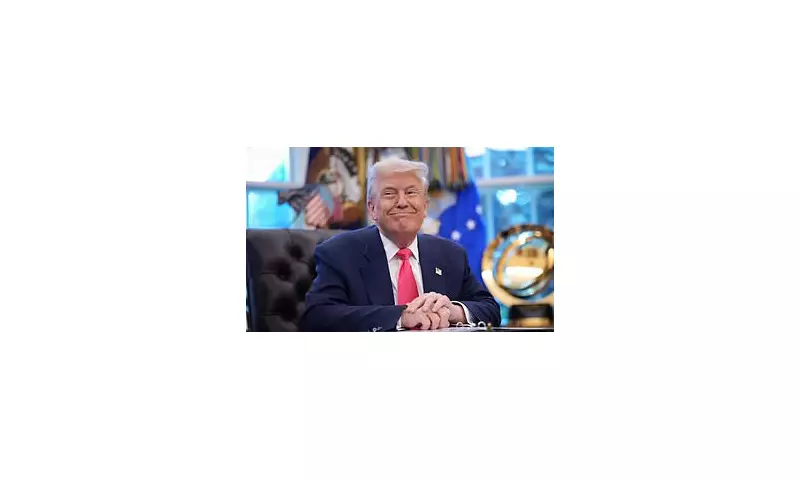
The United States Supreme Court has stepped into a legal firestorm, agreeing to hear a landmark case that strikes at the very heart of presidential power and trade policy. The dispute centres on the aggressive tariff strategy deployed by former President Donald Trump, which a lower court has already deemed an unconstitutional overreach of executive authority.
The case, brought by a consortium of American steel importers, challenges the legality of billions of dollars in tariffs Mr Trump imposed on foreign steel in 2018. Using a Cold War-era law, Section 232 of the Trade Expansion Act of 1962, the former president justified the levies as a necessary measure to protect national security, arguing that a strong domestic steel industry was vital for defence.
A Constitutional Clash Over Executive Power
However, the US Court of International Trade delivered a stunning blow to this defence last year. It ruled that the invocation of national security was a 'transparent violation' of the law's intent and that the tariffs were effectively a dramatic increase in taxes enacted by the presidency alone, bypassing the constitutional requirement for Congress to control revenue-raising measures.
This sets the stage for an extraordinary constitutional showdown. The Supreme Court's decision will answer a fundamental question: How far can a president go in using national security as a justification for economic policy before it infringes on the powers reserved for Congress?
The Stakes for Global Trade and US Policy
The outcome of this case has profound implications that extend far beyond the US steel industry.
- Global Trade Relations: A ruling in favour of the former president could embolden future administrations to wage similar trade wars with even greater frequency, potentially destabilising international markets.
- Presidential Authority: It could permanently shift the balance of power in trade policy from Capitol Hill to the White House, setting a powerful new precedent.
- Legal Precedent: Conversely, a ruling against the tariffs would be a massive check on executive power, reinforcing the role of Congress and potentially opening the door for companies to claim billions in tariff refunds.
The case is being closely watched by legal scholars, policymakers, and business leaders on both sides of the Atlantic, as it will undoubtedly shape the future of US trade policy and its impact on the global economy for decades to come.





